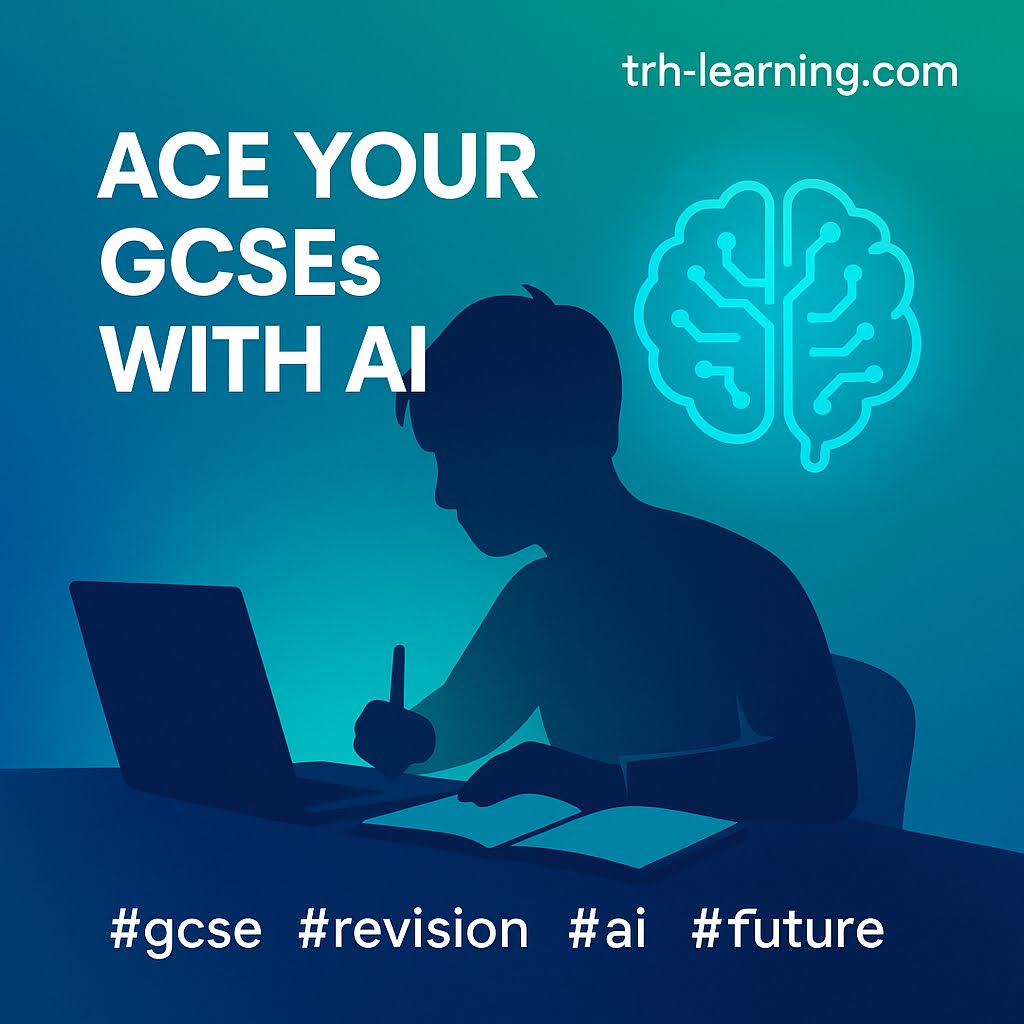The ultimate cheat sheet for GCSE History & Geography source...
Title: The Ultimate Cheat Sheet for GCSE History & Geography Source Questions Introduction: Source-based questions are a common feature in GCSE History and...
Title: The Ultimate Cheat Sheet for GCSE History & Geography Source Questions
Introduction: Source-based questions are a common feature in GCSE History and Geography exams, requiring students to analyze and interpret primary and secondary sources to demonstrate their understanding of key concepts and events. In this cheat sheet, we will provide you with essential tips and strategies to help you ace source questions in your exams.
-
Understand the Source: Before diving into analyzing a source, take the time to carefully read and understand it. Pay attention to the author, date, context, and purpose of the source. This will help you establish the reliability and bias of the source, which is crucial for your analysis.
-
Identify Key Information: Highlight key information in the source that is relevant to the question being asked. Look for facts, opinions, arguments, and any other details that can support your analysis. Make sure to refer back to the source throughout your answer to provide evidence for your points.
-
Contextualize the Source: Consider the historical or geographical context in which the source was created. How does the time period, location, and events surrounding the source influence its content and perspective? Providing context in your analysis will demonstrate a deeper understanding of the source.

-
Analyze the Tone and Language: Pay attention to the tone and language used in the source. Is the author objective or biased? Are there any rhetorical devices or persuasive techniques employed? Analyzing the tone and language will help you uncover the author's intentions and viewpoints.
-
Compare and Contrast Sources: If you are given multiple sources to analyze, look for similarities and differences between them. Compare the perspectives, arguments, and reliability of each source to provide a well-rounded analysis. Drawing connections between sources can strengthen your argument.
-
Evaluate the Source's Reliability: Assess the reliability of the source based on the author's credibility, potential bias, and the context in which it was created. Consider whether the source is primary or secondary, and how this impacts its reliability. Be critical in your evaluation to demonstrate a nuanced understanding.
-
Practice, Practice, Practice: The key to mastering source-based questions is practice. Take advantage of past exam papers, revision guides, and online resources to practice analyzing different types of sources. The more you practice, the more confident you will become in tackling source questions.
Conclusion: By following these tips and strategies, you will be well-equipped to tackle source-based questions in your GCSE History and Geography exams. Remember to approach each source with a critical eye, provide evidence for your analysis, and practice regularly to hone your skills. Good luck!
Browse Categories 📚
Ready to boost your learning? Explore our comprehensive resources above, or visit TRH Learning to start your personalized study journey today!